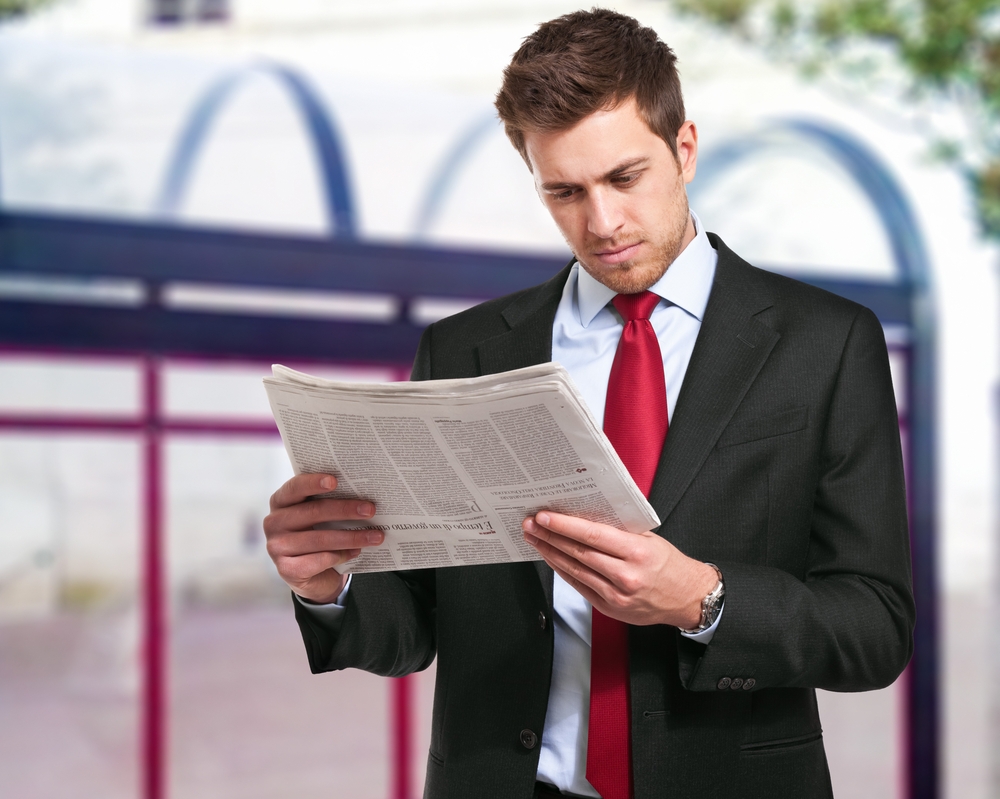“Paperless” is a management terminology that can be traced back as far as 1964 when video display terminals first came about (IBM 2260). In 1975 an article published in Business Week predicted how the office of the future will be completely paperless. It was foreseen at the time that all forms of book keeping and record keeping will, one day, be managed without consuming any paper. Fast forward to today, the world is going green. In the developed nations, there is almost no need for using paper around the household. To put it in perspective, 6800 kg of paper equates to saving about 125 trees, 7381 liters of oil. 640 ft3 of land fill space, 30,000 kilowatts of energy and nearly 20,000 liters of water (units converted from Imperial to Metric).
We can’t change how much paper is being used around us, but let us consider the things we can change.
Banking and utility bills
You no longer need to keep a copy of your mailed bill for future reference. All utility providers allow you to submit your bills online. Once the transaction is complete, you get multiple confirmations from the bank in the form of a transaction ID, SMS, e-mail, an entry on your bank statement and a reference number you can show the utility providers in case you ever need to — they are all considered legal tender. Speaking of bank statements, opt for digital statements instead of printouts. Imagines the hours you could save from standing in lines plus you get to do away with drawers full of utility bills. If internet is not available in home, then you can go to near chat rooms to process banking transactions through internet.
Digitize your records
Take all your receipts, physical mail, visiting cards, reports, documents, and even pictures, scan them and save them into digital format using services such as Dropbox, Skydrive, Google Drive etcetera. Doing so would also allow you to access this content from anywhere in the world without having to carry them around.
Reminders, notes and memos
By digitizing your notes and memos, you would no longer need to rely on notebooks, diaries, post-its, pieces of torn paper, or even a ripped page from a notebook to maintain shopping lists, to-dos, notes, and other reminders. For this, you will need a tool that will synchronize across multiple platforms like Evernote, Microsoft OneNote, and Zoho. Workflowy, etc (cross platform support is important). Evernote is one of the most popular in this regard, and rightly so as it is available on anything with an internet connection. What this free tool does is that it allows you to sign in from every device you own, and sync them all with one another.
You only need to enter information at one end and it will be available at all terminals. This is especially handy when going shopping, you can write down using whatever device you have nearby and check it off your list when you are done, notifying all users and terminals that an item has been obtained. In case your device does not support internet connectivity, you can still add these lists in the form of text messages through services like “EV’ that will update your records accordingly, some services are free, others are paid, and you will have to see what works for you in this scenario. Not only will this help keep a more manageable list, but you will also cut down on the risk of forgetting to write any items. The same approach can be applied for any list that you need to maintain at your home. Be it a task list, or even if you just need to note down a thought for later.
Newspapers
Most households are subscribed to various newspapers (in printed format) — which of course take up physical space and are not mobile. An easy solution to this is to get your news online.
Location tracking
This is a GPS-enabled smartphone exclusive. Using services like Foursquare or Google Maps, you can track the address of any person you visit and store the location for future reference, this saves more time than it does paper, but it deserves an honorable mention. All these efforts do help keep the paper usage of a household at a minimum, and if more households start becoming paper free, it will have a significant impact on our environment. Tons of paper can be saved through simple changes in policies, as the entire country is being run primarily through paperwork. Of course, it is unrealistic to expect everyone to abandon their dependency on paper right away, but it should at least be a part of the growth strategy.
Academic institutions can give digital proof of a student’s accomplishments. Schools, colleges and universities that keep digital records should make provisions to enable their digital format to be considered legally binding. Universities should definitely get students’ degrees pre-attested from HEC and add them to their digital records, thus saving days, even weeks of time wasted in waiting for attestation. Government and semi-private offices should make it a policy to keep all records online on a secure server: the technology already exists; it just needs to be implemented. If you have ever filled out an Annual Confidential Report, you know how much easier it would be online. Similarly, people can be asked if they wish for medical records to be delivered via e-mail to save time and cost of revisiting a lab for results. In this day and age, where even painters are going completely digital, it would be most unfortunate if we didn’t consider eliminating extra paper from our lives completely. So, again for emphasis, saved paper means saved trees, which means saved water, space on landfills, and ultimately saved energy.
* * *
“Newspaper” image courtesy of Shutterstock.



GIPHY App Key not set. Please check settings